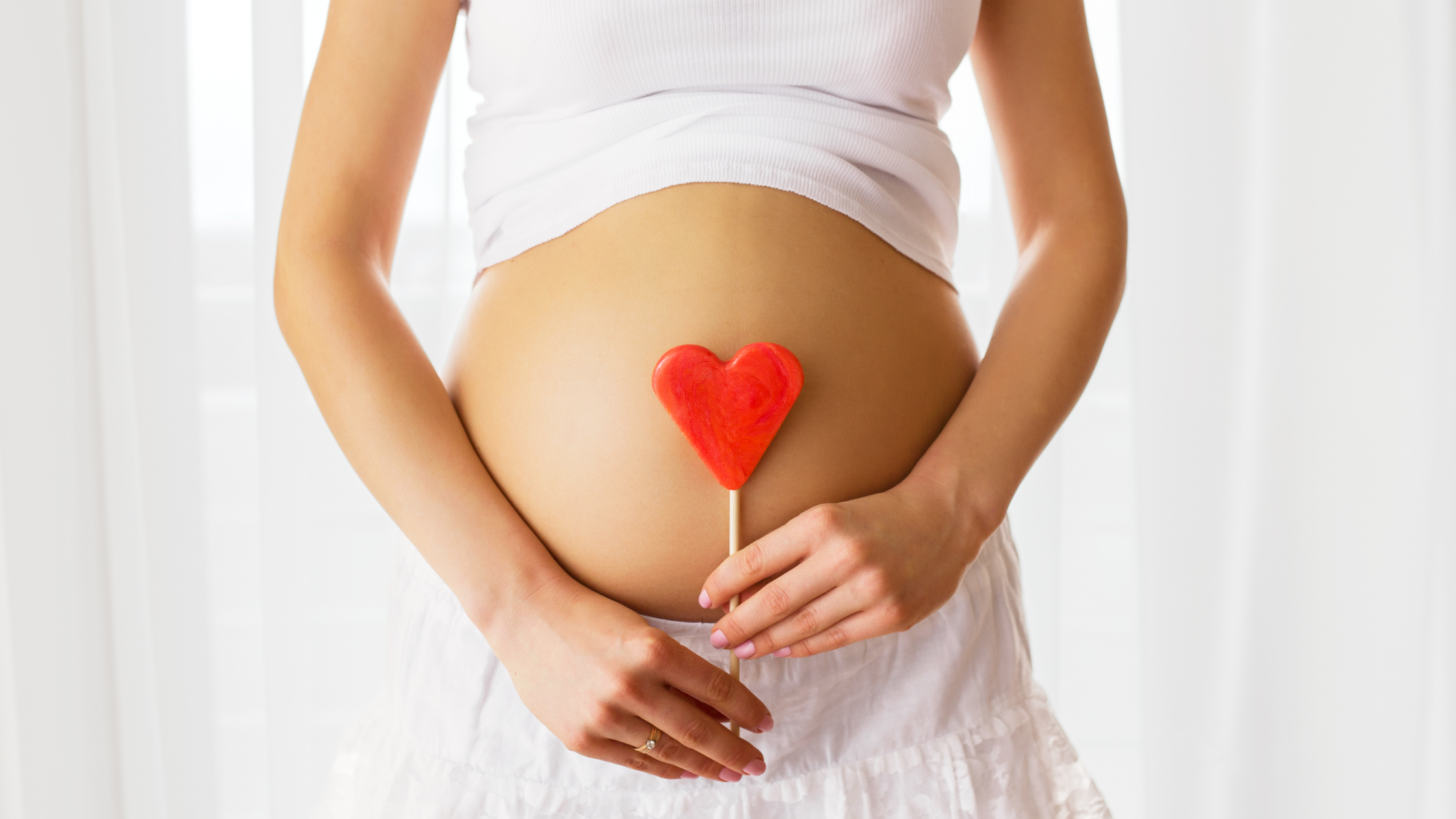If you have been working on getting that bun in the oven, these tips might just help you get pregnant faster.
Whether you have been trying to conceive for some time, or you’ve just decided you can’t wait to be new parents, it always helps to put some planning behind your baby-making. Here are the dos and don’ts of increasing your chances of getting pregnant.
Do Stop Using Birth Control Early

If you have been using birth control previously, get off it a few months before you start trying for a baby. A regular menstrual cycle is crucial for conceiving, and you might need to go through a few cycles before your body starts ovulating regularly again. Generally speaking, three months is ideal if you were previously on the pill or patch. If you had the birth control shot (hormonal injection to prevent unplanned pregnancies), then you might be looking at a minimum of nine months or longer.
Do Track Your Menstrual Cycle

Most fertility advice says the best time to conceive falls on the ovulation day, however in practice 12 hours after ovulation gives the best chance of getting pregnant. It helps to keep track of your menstrual cycles too, so you know exactly which day you will ovulate. No matter how often you are intimate with your partner, if you miss the fertile days of your cycle where your eggs are ready, you may find it harder to conceive. This is because sperm can survive in the uterus for two or three days, but your eggs only last for 12 to 24 hours after being released.
Do Plan Ahead
 According to Traditional Chinese Medicine beliefs, the best age to conceive is 25 to 29 years old for women, and 27 to 35 years old for men. At this age, men and women are generally more stable physically and emotionally, not to mention financially! Research has shown that early and late pregnancies (earlier than 20 or after 35) tend to have a higher mortality rate and increased risk of birth defects.
According to Traditional Chinese Medicine beliefs, the best age to conceive is 25 to 29 years old for women, and 27 to 35 years old for men. At this age, men and women are generally more stable physically and emotionally, not to mention financially! Research has shown that early and late pregnancies (earlier than 20 or after 35) tend to have a higher mortality rate and increased risk of birth defects.
Do Keep A Healthy Weight and Eat Right
 Research shows keeping a healthy weight plays a huge role in fertility, as being overweight or obese actually decreases fertility in men and women alike.
Research shows keeping a healthy weight plays a huge role in fertility, as being overweight or obese actually decreases fertility in men and women alike.
Diet-wise, you should add more antioxidants, leafy greens, and protein to your diet. For men especially, antioxidants protect the sperm from free radical damage. Women should consume more folic acid as this nutrient is essential for a healthy pregnancy. Folate supplementation has been shown to increase fertility, enhance fertility treatment results and lessen the risk of the baby being born with neural tube defects.
Don’t Smoke
 Female fertility is complex and could stem from various reasons, but male fertility is surprisingly easy to resolve by leading a healthy lifestyle. Did you know smoking causes a decline in sperm count, reduces sperm motility (the sperm’s ability to swim), and abnormal sperm shape as well? When a man quits smoking, he will be able to see improvement in his sperm count in just 3 months.
Female fertility is complex and could stem from various reasons, but male fertility is surprisingly easy to resolve by leading a healthy lifestyle. Did you know smoking causes a decline in sperm count, reduces sperm motility (the sperm’s ability to swim), and abnormal sperm shape as well? When a man quits smoking, he will be able to see improvement in his sperm count in just 3 months.
Not only does smoking affects a man’s fertility, but it may also affect their partner’s fertility. Women who are exposed to secondhand smoke have lower IVF success rates and a higher risk of losing the pregnancy.
Don’t Take Long Hot Baths or Soak in Hot Tubs
 Sperm is damaged by high temperatures, and this is one of the reasons why the male reproductive organs are outside of the body – the scrotums need to be kept cool and lower than our normal body temperatures (36.5 °C)
Sperm is damaged by high temperatures, and this is one of the reasons why the male reproductive organs are outside of the body – the scrotums need to be kept cool and lower than our normal body temperatures (36.5 °C)
Avoid soaking in hot tubs or taking long hot baths as these activities can raise the scrotum’s temperature. Prolonged sitting is bad for a sperm count as well, most likely due to increased heat without any breathing space.
Don’t Stress It/
 Severe stress can decrease fertility by causing erratic hormones levels, reducing cervical mucus, and even throwing you off your regular period! While it is debatable whether mild or moderate levels of stress can affect fertility, prolonged and acute stress often pushes you to unhealthy habits such as drinking, insomnia, overeating, smoking and even losing interest in intimacy. All these habits may lead to trouble in getting pregnant.
Severe stress can decrease fertility by causing erratic hormones levels, reducing cervical mucus, and even throwing you off your regular period! While it is debatable whether mild or moderate levels of stress can affect fertility, prolonged and acute stress often pushes you to unhealthy habits such as drinking, insomnia, overeating, smoking and even losing interest in intimacy. All these habits may lead to trouble in getting pregnant.
Don’t Over Exercise
 Exercise in general is great for fertility, but excessive exercise has the opposite effect. When your body is pushed to the brink of exhaustion, cortisol and stress hormones kicks in, and this cascade of hormones negatively affect menstrual cycles, ovulation and fertility. Exercise for fertility, not for vanity.
Exercise in general is great for fertility, but excessive exercise has the opposite effect. When your body is pushed to the brink of exhaustion, cortisol and stress hormones kicks in, and this cascade of hormones negatively affect menstrual cycles, ovulation and fertility. Exercise for fertility, not for vanity.
While these recommendations set the stage for pregnancy, they may not work for every couple. There are many factors leading to infertility, and these tips work great for ovulatory infertility but are less effective for infertility due to medical impediments such as blocked fallopian tubes. If you are over 35 years old and don’t see any improvements within six months or to a year (if you’re under 35), then it’s probably best to seek a professional opinion. Left untreated, fertility issues may sometimes go from bad to worse, and you may be able to reach your fertility goals much quicker with the proper treatment. Good luck!


